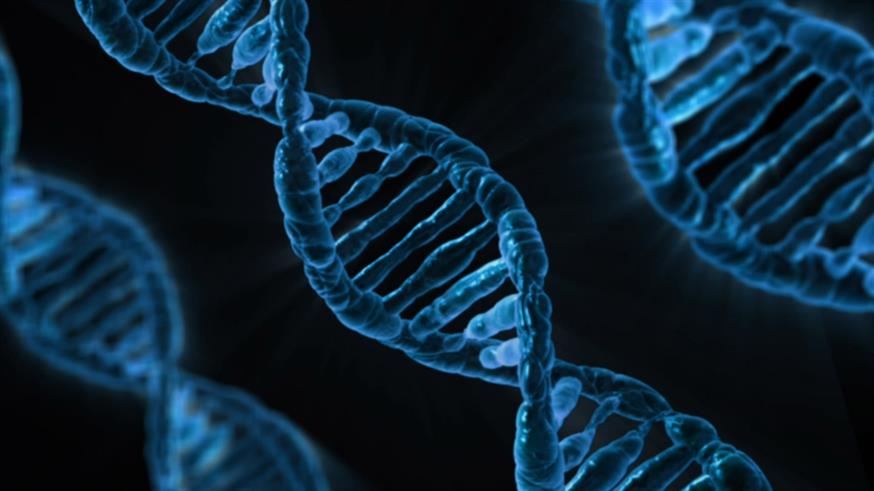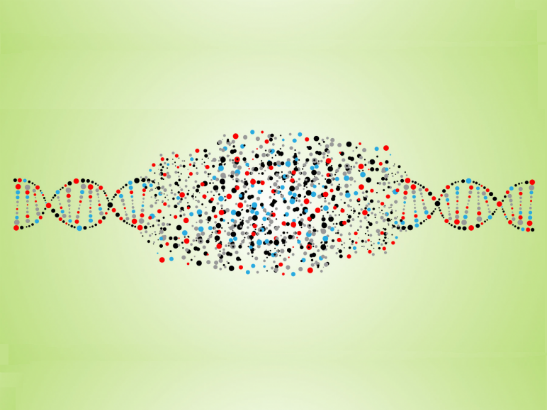
Source: Pixabay. License: Creative Commons Public Domain (CC0).
Scientists have discovered a surprising new approach to treating a rare cancer that often affects the arms and legs.
Their study found that the disease, called synovial sarcoma, showed unusual sensitivity to drugs that stop cells from repairing damage to their DNA.
Treatments to block the response to DNA damage are considered most likely to be effective against so-called ‘noisy’ cancers that possess lots of different genetic mutations. But the new research found that drugs called ATR inhibitors could be effective against synovial sarcoma even though it is a ‘quiet’ cancer caused predominantly by a single genetic change.
Scientists at The Institute of Cancer Research, London, believe the drugs could offer a potentially effective new way of treating the disease – either on their own or in combination with other medicines.
The findings are published in the journal Cancer Research.
The role of DNA damage response proteins
Scientists at the ICR compared synovial sarcoma cells to more than 130 other types of cancer to find specific proteins the cells relied on to survive. They found synovial sarcoma was unexpectedly dependent on proteins related to DNA damage response.
Synovial sarcoma is a rare but aggressive form of sarcoma that develops when a mutation causes two genes to fuse together, leading to uncontrolled genetic signalling. It has relatively few other mutations.
Despite this, silencing the ATR protein to prevent DNA repair reduced growth in synovial sarcoma cells more than in other cancers tested.
ATR inhibitors also prolonged survival of mice with synovial sarcomas.
The study was funded by Cancer Research UK and the Wellcome Trust.
The Drug Discoverer is an ICR blog that discusses the challenges facing the cancer drug ecosystem, written by the ICR's Chief Executive and President Professor Paul Workman.
Opening up a new approach
Study Leader Professor Chris Lord, Professor of Cancer Genomics at the ICR, said:
“Blocking the systems cells use for DNA repair is an exciting area of research into new treatments for cancer.
“We had thought this kind of treatment would be most promising in cancers with lots of mutations, but in fact synovial sarcoma was highly reliant on the ATR DNA repair system to survive – even though it is mainly caused by a single genetic event.
“That’s surprising but it is also exciting, as it opens up a new approach to treating this rare but aggressive disease.”
